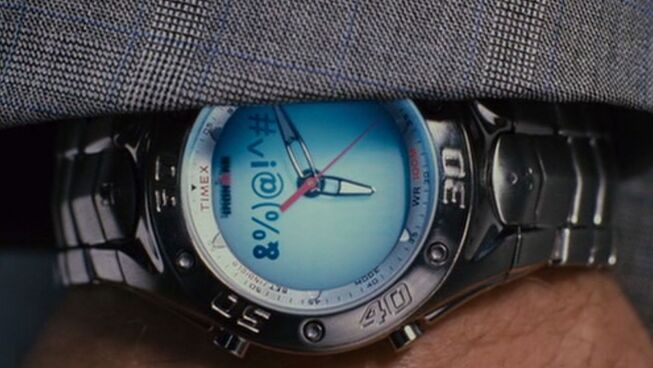
1 out of 5 stars
The teaming of the award-winning director Alexander Payne (The Descendants, Nebraska) with Matt Damon seems to be an ideal scenario. A innovative director with an understated, but seasoned actor who is not afraid of taking on key topics in society. Especially with the unique concept of human population management in Downsizing, this potential satire has all of the earmarks of an enjoyable distraction from the traditional holiday fare.
Matt Damon manages to capture the personality and winsome spirit of the Omaha native, Paul Safranek, who has become disenchanted with life in the Midwest of the US. He and his wife Audrey (Kristen Wiig) decide that the means of escape from their monotonous lives is the new process called downsizing. Created by Norwegian scientists as an answer to the world’s population problem, they offer people to be shrunk down to 13 centimetres (five inches) in height, and as their body shrinks, all of their assets increase in value, and they have the potential to ‘live large’ in the new miniaturised world. After undergoing the procedure, Paul wakes to discover that Audrey backed out at the last minute and he is now living on his own in this new lifestyle. This new chapter in his life affords him with new friends, opportunities and view of life.
Changing characters to different sizes in cinema is not new, but Alexander Payne’s screenplay for Downsizing offers a unique spin on the impact this process would have on the world if it were instituted on a mass scale. As a statement against over-population and immigration, Payne strives to show the comical side to this science-based solution to the world’s problems. The problem is that while he focuses on the miniaturisation process, the social issues addressed by the director leads him to become unclear on his ultimate purpose for the film that slowly evolves into a bloated mess.
Conceptually this has all of the earmarks for brilliance, but something must have gone wrong in the editing process. Each act becomes a separate vignette on the timeline of the impact of downsizing the world population. It is a vibrant atmosphere of well thought out parts, but the amount of time allowed to invest in the central characters is too abbreviated to care about them. If they do manage to survive the various stages of the film, their characters change so dramatically they lack any appeal that was developed in the earlier segments.
'If anyone thinks he is religious and does not bridle his tongue but deceives his heart, this person's religion is worthless.' James 1:26
Besides Matt Damon’s questionable career choices over the past year (The Great Wall, Suburbicon), the primary missed opportunity within the screenplay is the Vietnamese dissident, Ngoc Lan Tran (Hong Chau). Introduced in the second act, she has the potential to become one of the most appealing Christian characters in cinema in 2017. Initially, she is sacrificial, faithful and willing to fight for the needs of others and becomes a light in this very dark concept. She manages to represent an example for all who are put into trials and difficulties despite the world around them by living out the words of Jesus and James. Then in the final act, she spirals into a hypocritical, foul-mouthed and selfish representation of humanity. Despite her return to her good Samaritan ways in the conclusion, the damage caused to her reputation was difficult to forget and devalued her overall appeal.
Downsizing is an example of overreaching as an attempt to make a statement or multiple statements on the world system. Is Payne trying to comment on overpopulation, immigration or the mistreatment of the poor in our society? Even though he does not shrink back from using his bully pulpit to make comments about each topic, it is not clear what he is railing against in the end.






